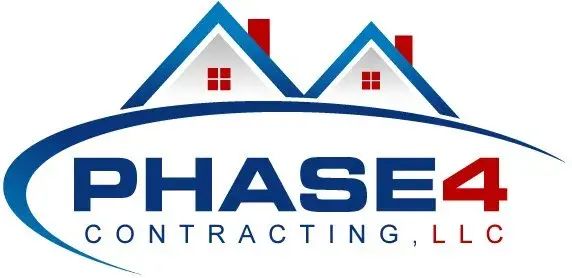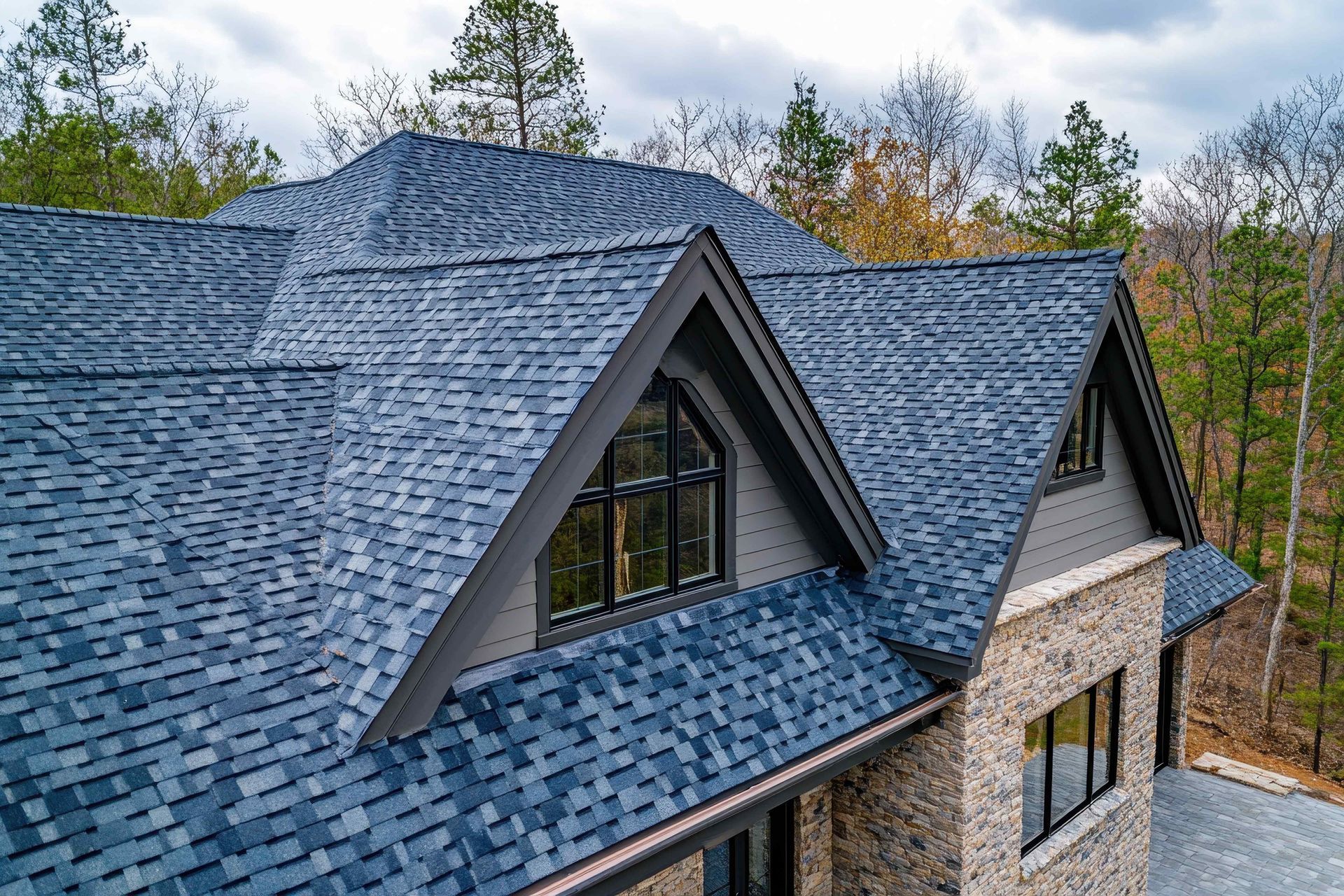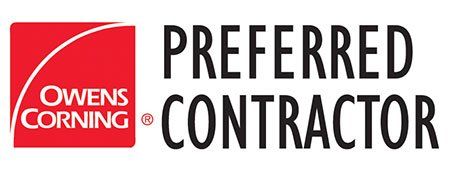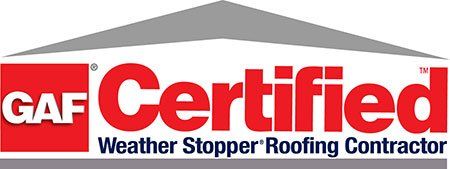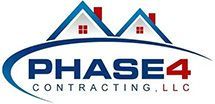Choosing the right roofer is vital to your home’s long-term protection and value preservation. Working with an experienced professional ensures you get a roof that withstands harsh weather. Moreover, roof repairs and installations require precise skills, quality materials, and expert attention to detail — all of which only a reliable contractor can guarantee.
Here are some practical ideas for finding and evaluating the best roofers in your area:
1. Seek Referrals From Trusted Sources
Start by contacting friends, family, or neighbors who recently had roofing work done. Getting personal recommendations from people you trust leads you to reliable roofers. In addition, people who have experienced the service firsthand can give you honest insights into the quality and professionalism of the roofer they hired.
2. Examine Online Reviews and Ratings
Checking online reviews on trustworthy platforms is a great way to assess a roofer’s reputation. Look for contractors with consistently positive feedback. Also, pay attention to how the company responds to any negative reviews. It can tell you a lot about their customer service and willingness to resolve issues.
3. Check Licensing and Insurance
Roofing requires specialized skills, and contractors with certifications are more likely to have the necessary training to meet industry standards and local regulations. Moreover, always confirm that a roofing company is fully licensed and insured to protect you financially in case of accidents or property damage.
4. Search for Background and Expertise
Look for roofers with years in the industry, especially with the specific type of roofing material or repair you need. More experience typically means the roofer has encountered a variety of situations and challenges and knows how to handle them effectively, which results in higher-quality work.
5. Look for Local Experience and Knowledge
Local contractors who understand your area’s weather patterns, building codes, and other unique conditions can tailor their work to your needs. They will be better equipped to recommend materials and techniques suited to your climate, helping your roofing system last longer and offer better structural protection.
6. Evaluate Communication and Professionalism
Pay attention to how the company communicates from the start. Observe if they are clear, respectful, and prompt in their responses. Professionalism in communication can reflect the roofer’s dedication to quality service and their respect for clients’ time and needs. Furthermore, working with professionals who prioritize open and consistent communication makes for a smoother, stress-free experience.
7. Request Detailed, Written Estimates
Trustworthy contractors are willing to provide a thorough written estimate for their services. The detailed quote should include a breakdown of material costs, labor, and timeline to prevent misunderstandings. It also allows you to compare quotes fairly and ensures you have a clear understanding of what is covered in the pricing.
8. Ask About Warranties and Guarantees
The best roofers stand by their work, often offering warranties on materials and craftsmanship. These guarantees give you peace of mind and cover future repairs or issues arising from faulty materials or installation. Discuss warranty details upfront so you know exactly what to expect if problems occur after completing the project.
9. Verify the Roofer’s Safety Practices
Roofing work is risky, and a good roofer takes safety very seriously. Ask about the company’s safety protocols and certifications and if their workers are trained in safety practices. Knowing your contractor prioritizes safety protects them and adds peace of mind.
10. Avoid High-Pressure Sales Tactics
Watch out for companies who use aggressive sales tactics, like pushing you to make an immediate decision. High-pressure sales can indicate a focus on quick profits over quality service. A reliable roofer gives you time to review options, compare bids, and make an informed choice without making you feel rushed.
Phase 4 Contracting: The Best Roofers for Quality That Lasts
At Phase 4 Contracting, we ensure your project is done right, on time, and with your satisfaction as the goal. We use high-quality materials and proven techniques so your roof looks great and stands up to the toughest conditions. Moreover, our team listens to feedback, prioritizes quality, and goes the extra mile to deliver results that stand the test of time!
Contact us for for inquiries or call 267-649-7609 to experience the quality roofing we deliver!
